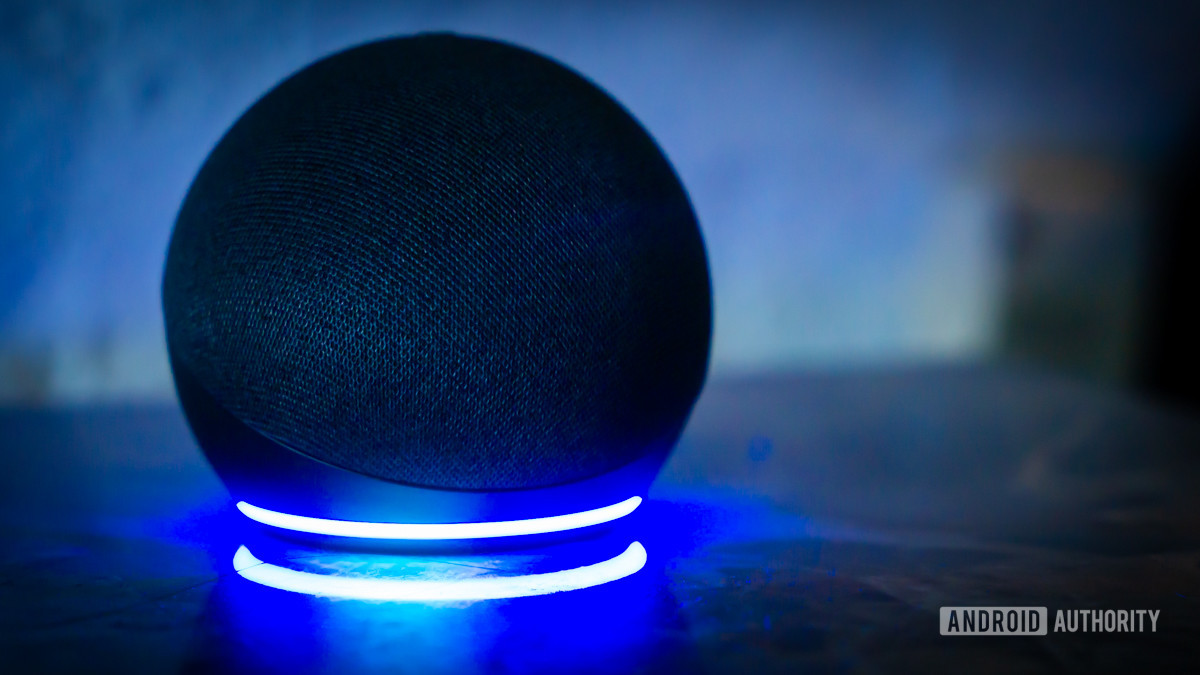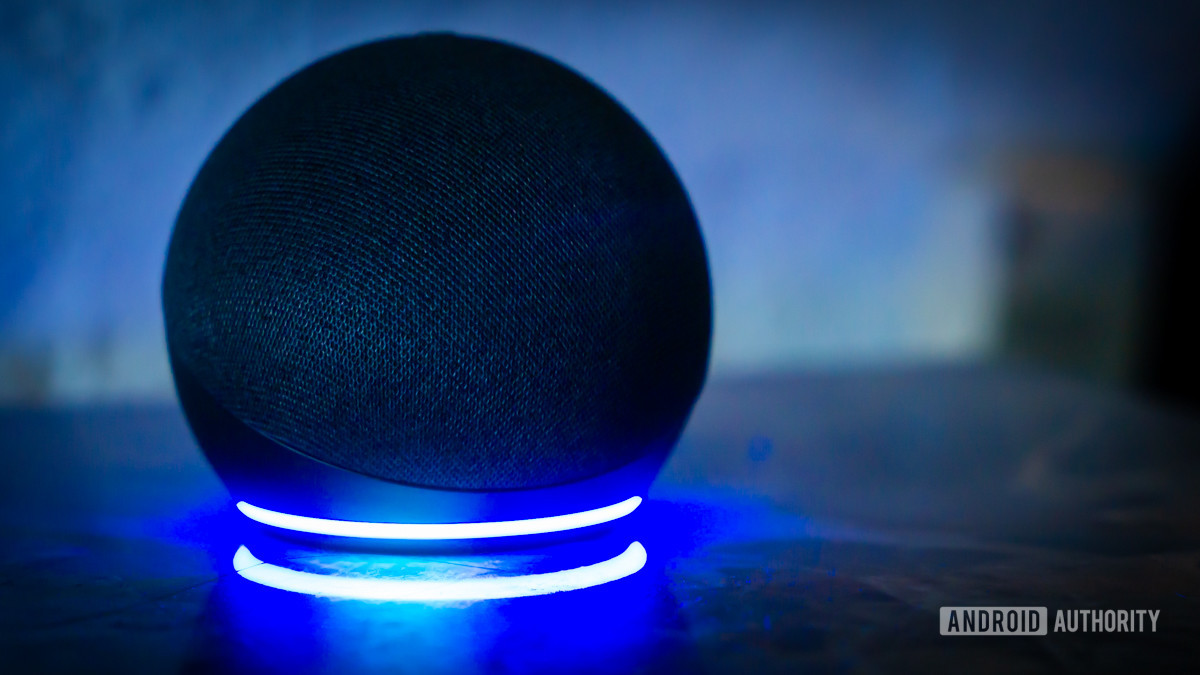

Edgar Cervantes / Android Authority
TL;DR
- Amazon is working to upgrade Alexa with generative AI to make it smarter and more versatile.
- The project faces challenges like handling hallucinations and adapting to new AI technology.
- Other challenges include finding the right balance between increased intelligence and maintaining a user-friendly experience.
Generative AI has been the buzzword in tech for the past two years. Ever since OpenAI’s ChatGPT burst onto the scene, tech giants like Google and Apple have raced to integrate AI smarts into their digital assistants, promising users a more intuitive, conversational experience. Amazon’s Alexa is no exception, with the company announcing ambitious plans to give its voice assistant a major AI upgrade. However, as the Financial Times reports, Alexa’s journey to becoming smarter has hit a few roadblocks.
A smarter Alexa is in the works
Amazon’s big idea is to turn Alexa into an AI-powered “agent” that can do much more than play your favorite songs or set timers. Imagine Alexa acting as your concierge — suggesting where to grab dinner, setting the mood in your home by adjusting lights to match your sleep patterns, and more. While the potential is enormous, progress has been slower than expected.
Rohit Prasad, head of Amazon’s Artificial General Intelligence (AGI) team, acknowledged several challenges, including addressing “hallucinations”— a phenomenon where AI generates inaccurate responses — improving reliability and reducing response delays. “Hallucinations have to be close to zero,” said Prasad, highlighting that this is a challenge not just for Amazon but for the entire AI industry.
What’s taking so long?
If you’ve been wondering why Alexa hasn’t already become a super-smart helper like some of its competitors, there’s a reason. Alexa’s original system wasn’t built for this kind of advanced AI. Former Amazon employees quoted in the report say that the process of upgrading Alexa has been slowed by outdated code and years of relying on simpler algorithms. Merging these older systems with today’s more powerful generative AI models has turned out to be more complicated than expected.
Adding to the challenge is Alexa’s massive user base — over 500 million devices worldwide. The upgraded Alexa needs to handle billions of requests weekly with near-perfect accuracy. It almost sounds like trying to switch out the engine of a moving car while keeping it running smoothly.
Concerns also arise regarding the potential for AI-generated misinformation. “At the scale that Amazon operates, that could happen large numbers of times per day,” warns one former senior member of the Alexa team, emphasizing the potential reputational damage.
What’s next for Alexa?
Beyond technical hurdles, Amazon is also grappling with preserving Alexa’s familiar personality and functionality while integrating new generative features like creativity and free-flowing dialogue. The company is also making sure the upgraded Alexa can seamlessly work with the smart home devices you already have.
Amazon’s recent release of its in-house Nova AI models, designed for improved speed and cost efficiency, is a step toward addressing these challenges. Another interesting tidbit from the FT report is that the company is exploring potential monetization strategies, such as subscription services for Alexa or revenue-sharing models with third-party developers.
While there is no set timeline for when the smarter Alexa will roll out, Amazon promises it will be worth the wait. In the meantime, competitors like Google and Apple aren’t standing still, which adds pressure on Amazon to deliver. As Prasad puts it, Amazon isn’t just experimenting with AI for its own sake. “We are doing this to deliver customer value and impact,” he said, stressing that user satisfaction is the ultimate goal.
Got a tip? Talk to us! Email our staff at [email protected]. You can stay anonymous or get credit for the info, it’s your choice.
What’s your reaction?
Love0
Sad0
Happy0
Sleepy0
Angry0
Dead0
Wink0



![the-material-3-expressive-redesign-of-google-clock-leaks-out-[gallery]](https://betadroid.in/wp-content/uploads/2025/05/18769-the-material-3-expressive-redesign-of-google-clock-leaks-out-gallery-280x210.jpg)


![what-google-messages-features-are-rolling-out-[may-2025]](https://betadroid.in/wp-content/uploads/2025/05/18759-what-google-messages-features-are-rolling-out-may-2025-370x250.png)



Leave a Reply
View Comments